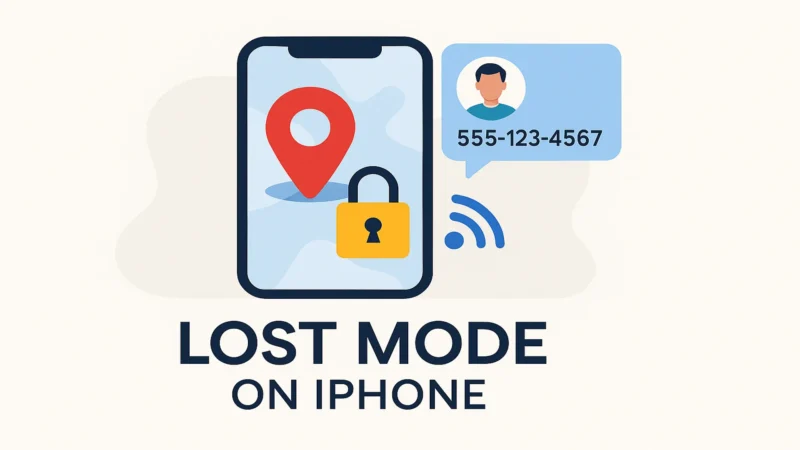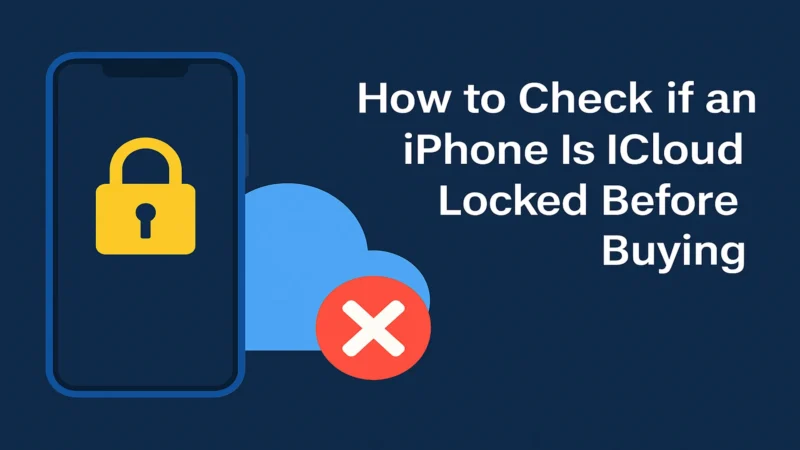The ultimate guide to buying a second-hand iPhone safely
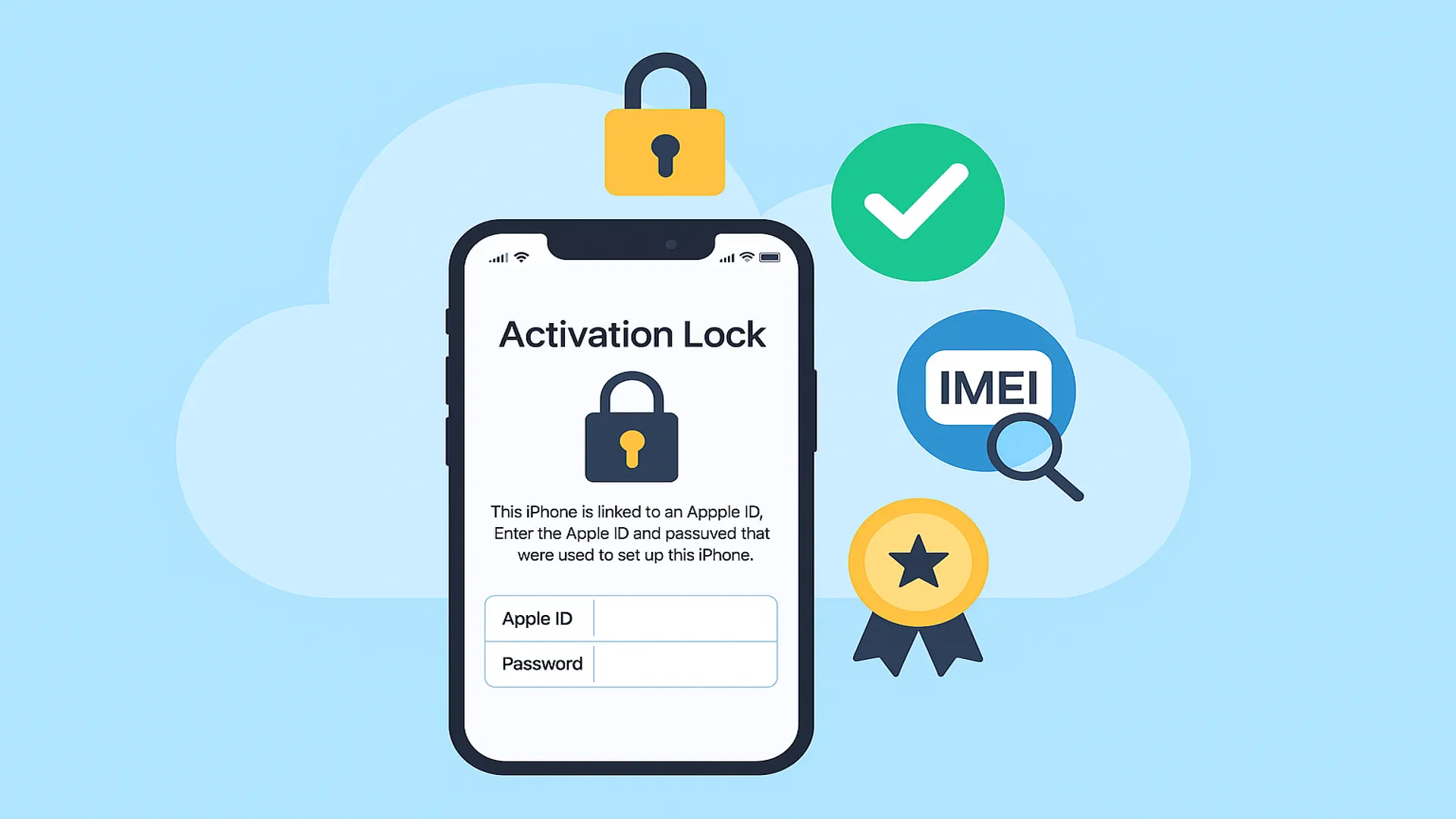
Buying a second-hand iPhone can be a smart way to save money while still enjoying the Apple experience. But not all used iPhones are equal—some may be stolen, locked, or damaged. This guide will walk you through every step to make sure your purchase is secure, legitimate, and worth your investment.
Why second-hand iPhones are in demand
iPhones are known for their durability and long software support. A device that’s two or even three years old can still perform reliably. For many, buying used means getting high-end performance at a fraction of the price. However, this popularity has also given rise to scams and unreliable sellers.
Start by choosing a reputable source
Not all second-hand iPhones come from the same place. Here are your safest options:
- Certified refurbished stores like Apple or Best Buy
- Trusted retailers like Amazon Renewed or Swappa
- Local electronics resellers with good customer reviews
- Verified sellers on eBay or Facebook Marketplace
Avoid street vendors, anonymous sellers, or listings that seem “too good to be true.”
Know the model you’re buying
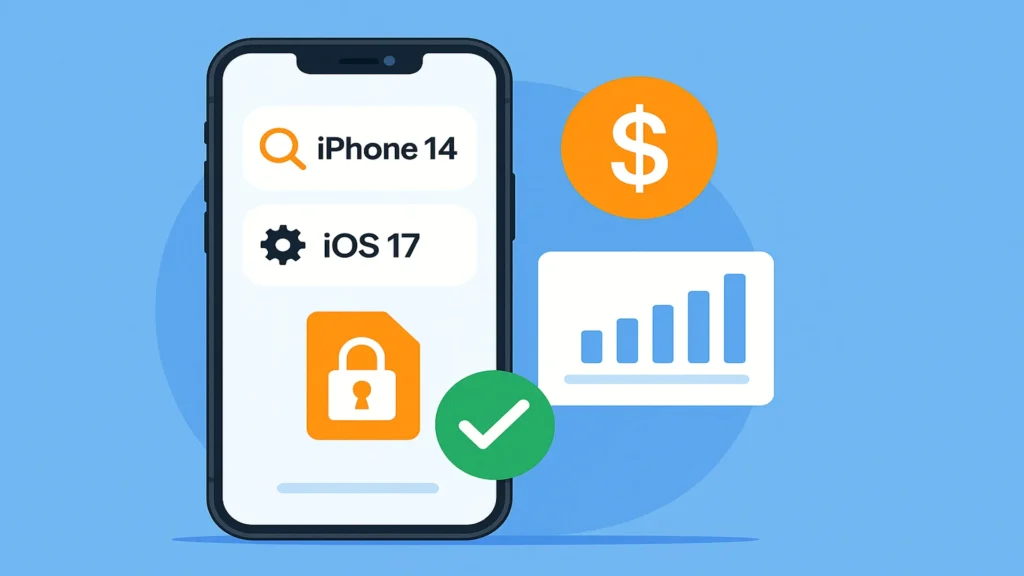
Before paying, research the iPhone model:
- Check its market value and features
- Make sure it supports the latest iOS version
- Confirm compatibility with your carrier (unlocked vs. locked)
Knowing the device’s specs ensures you don’t overpay or end up with outdated hardware.
Always check for Activation Lock status
Activation Lock is one of Apple’s most effective anti-theft features. If it’s enabled, the iPhone will require the previous owner’s Apple ID to be used again.
Here’s how to verify:
- Ask the seller to show you the Hello screen during setup
- Make sure the message «This iPhone is linked to an Apple ID» does not appear
- If possible, insert your SIM and go through the setup process together
If the seller refuses or hesitates, consider it a red flag.
Request the IMEI or serial number
You can use the device’s IMEI or serial number to check:
- If it’s reported lost or stolen
- Carrier lock status
- Warranty or AppleCare coverage
- Whether it’s been blacklisted
Websites like Apple’s Check Coverage or third-party IMEI checkers can help with this.
Inspect the physical condition thoroughly
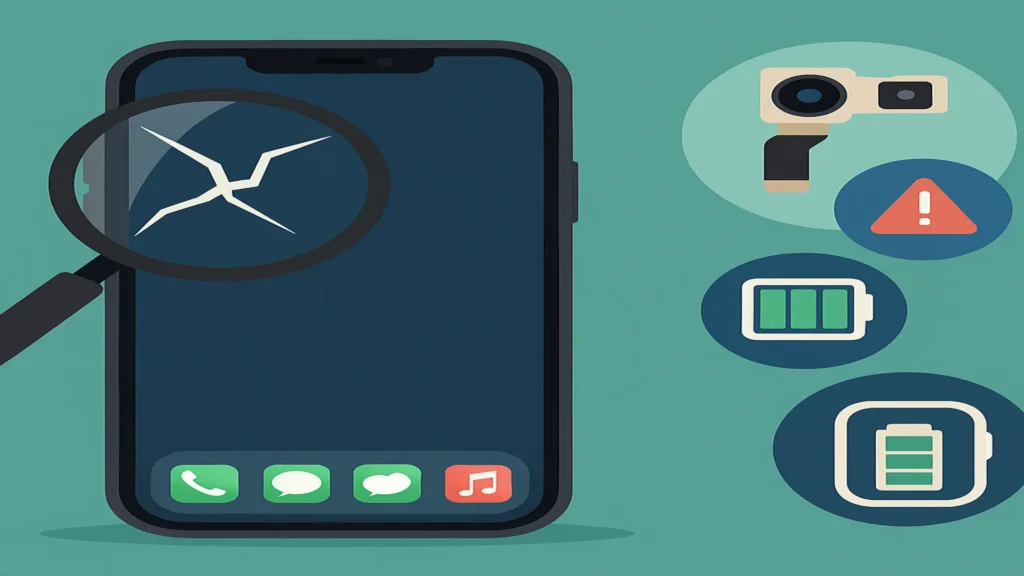
Before finalizing your purchase, look for:
- Cracked screen or back glass
- Non-original parts (camera, battery, display)
- Signs of water damage (check the SIM tray area for indicators)
- Battery health (Settings > Battery > Battery Health & Charging)
A clean physical check can save you from post-purchase regrets.
Test all essential functions
Once you get your hands on the device, test:
- Wi-Fi and Bluetooth
- Speaker and microphone
- Cameras (front and back)
- Face ID or Touch ID
- SIM card recognition
- Display responsiveness
- Charging port and headphone audio (if applicable)
A working iPhone should pass all these checks before you pay.
Always get a bill of sale or receipt
If you’re buying from an individual, request at least:
- Their full name and contact info
- The date of purchase
- The iPhone’s IMEI or serial number
- A simple written statement confirming the device isn’t stolen and has no locks
If buying from a business, get an official receipt with return policy details.
Understand the return policy and buyer protection
When buying online or from a reseller:
- Confirm whether they offer returns or exchanges
- Use payment platforms with buyer protection (PayPal, credit cards, etc.)
- Avoid wire transfers or cash apps with no recourse
This ensures that if something goes wrong, you have options to recover your money.
Don’t skip checking for iCloud lock
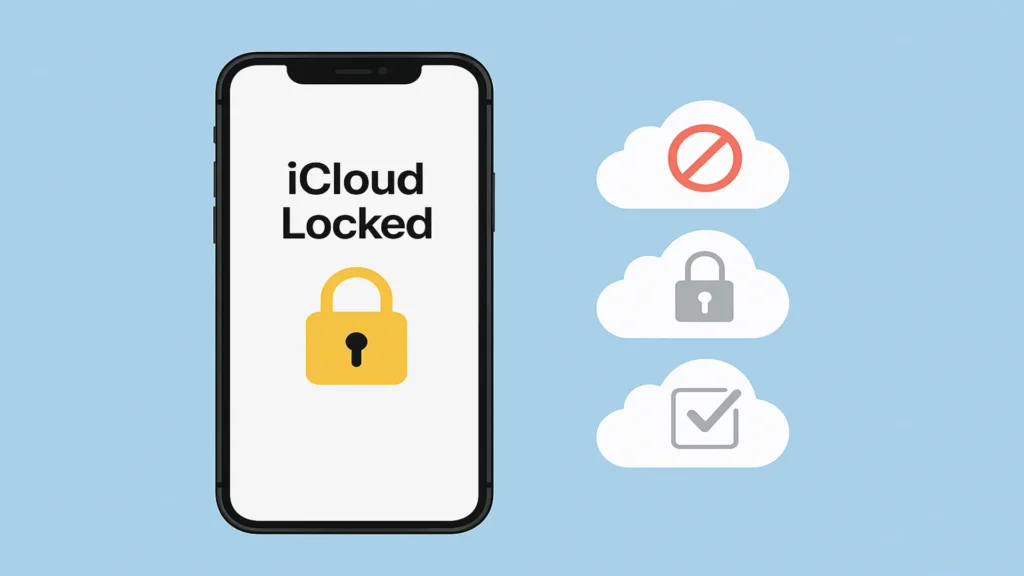
This is the most critical mistake buyers make. If the iPhone is still signed into someone else’s iCloud, you won’t be able to:
- Set it up
- Use any features
- Remove Activation Lock
Only the original owner can remove it—Apple won’t unlock it without proof of ownership.
Safe payment tips for in-person transactions
If you’re meeting the seller in person:
- Choose a public place, preferably with Wi-Fi
- Bring a friend or meet near a police station
- Don’t hand over money until you’ve fully tested the phone
- If possible, do the transfer and setup on the spot
A few extra precautions go a long way.
Final thoughts on buying a used iPhone the right way
Second-hand iPhones can be a great value—but only if you buy smart. Protect yourself by verifying the device’s authenticity, checking for iCloud locks, and avoiding suspicious deals.
Treat your purchase like a long-term investment. A few minutes of research and testing could save you hundreds of dollars—and your peace of mind.

